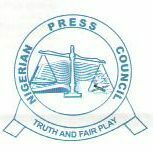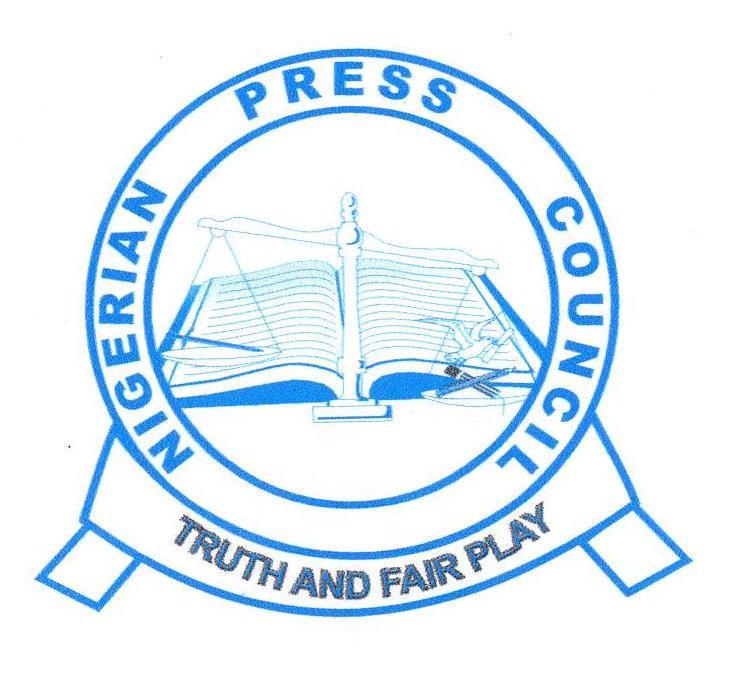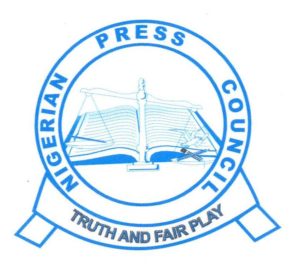The Nigerian Press Council, with the support of the Bauchi State Government, organised a two-day workshop at Zaranda Hotels, Bauchi, from September 10 – 11, 2013 to sensitize journalists on their role in Conflicts and Crises Reporting. It was declared open by the Bauchi State Commissioner for Information, Engr. Mohammed Dhamina, represented by Mr. Ishaya Maleka, Director of Information, Bauchi State Ministry of Information.
The workshop is the first in the series of capacity building programmes to ensure that the media are professionally guided and sensitised in the reporting of conflicts and crises in the country. It provided a platform which evaluates the roles the media play before, during and after conflicts or crises. It stressed the need for journalists to perform a professional mediating role in reporting conflicts and crisis with a high sense of social responsibility to enhance mutual understanding and peace building. It also underscored the need for co-operation, understanding and mutual respect by Journalists and security operatives in the service of the public.
Observations:
The participants at the workshop observed as follows:
- That lack of protection for media personnel who operate in conflict ridden zones; distrust between the media professionals and security agencies in sourcing information among others, are inimical to effective media practice in the country;
- That the usage of unverified information from the new and social media derogates from ethical journalism;
- That inaccurate reporting, sensationalism, stereotyping of groups, use of inflammatory language, unethical conduct, etc are some of the flaws in media coverage of conflicts;
- That journalists should monitor and report areas that expose early warning signals to conflict as contribution to conflict prevention and eschew reportage that could engender “societal” intolerance and prejudice.
Recommendations:
- The media, as the key stakeholder and purveyor of information, should contribute to the maintenance of peace and reconciliation in the country by reporting conflicts and crises within the context of the Code of Ethics based on credible, factual and unbiased reporting.
- Journalists should place high premium on the social necessity to protect critical information in public interest and the exigencies of national security.
- Journalists should be able to detect potential sources of crisis and evaluate what could incite violence while striving to maintain a balance between professionalism and the public’s right to know and the kind of information that could hurt the public psyche and constitute a threat to the nation.
- The media should refrain from promoting prejudicial stereotypes about groups and individuals through selective reporting not supported by facts and figures. The media should interact more with all interest groups, individuals and stakeholders so that no opinion or interest is marginalised.
- Journalists should be trained to monitor early warning signs of conflict in specific areas for them to be able to draw the attention of the government and the general public to any signs of impending danger through factual and balanced reports.
- Journalists should always strive to verify information from the social media.
- The teaching of diversity and conflict reporting should be instituted in the curricula of Journalism and Departments of Mass Communication in the country to adequately prepare upcoming journalists for their professional roles in peace building in multicultural settings.
- Editors should be provided with guidelines on conflict news reporting.
- Journalists should avoid promoting terrorists’ or sectarian objectives as such can give them legitimacy.
- The practice of journalism should be in the interest of the operating environment. Journalists should, therefore, engage in balanced reporting with the objective of peaceful resolution and focus on activities that will diffuse tension rather than escalate it.
- Sensational reporting on sensitive issues that involve loss of lives should be minimised as much as possible so as not to unwittingly transfer the crisis from the streets into homes causing unnecessary agitation.
- Journalists should adopt the proactive measure of self regulation to avoid government interference and censorship.
- Media organisations should treat with circumspect information gathered from international media agencies in the light of Nigerian reality.
- Sources of information should not be exposed to danger.
- Journalists should be properly equipped and the media adequately funded and ‘incentified’ to enhance their performance.
- The reporter should promote debate on national issues and patriotism in context of conflict prevention and resolution.
- There should be cross fertilization of ideas -a reporter should have a general knowledge of the political and socio-economic history of his country and current affairs.
- Proper and prompt remuneration like insurance and other appropriate conditions of service should be encouraged to motivate journalists in the discharge of their duties.
- Journalists should be knowledgeable in vital security tips for safety while covering conflicts.
- Security agencies should see journalists as partners in the coverage of conflicts and crises.
Participants expressed appreciation to the people and government of Bauchi State for their support and Nigerian Press Council for facilitating the workshop.
The workshop was attended by 80 participants drawn from the six north-east states of Adamawa, Bauchi, Borno, Gombe, Taraba, and Yobe; security agency; federal and state governments officials, academia and Civil Society organisations.
sign:
M’ Bayo Atoyebi Dahiru G. Muhammed
Executive Secretary Chairman, NUJ Council, Bauchi
Nigerian Press Council for: Participants


